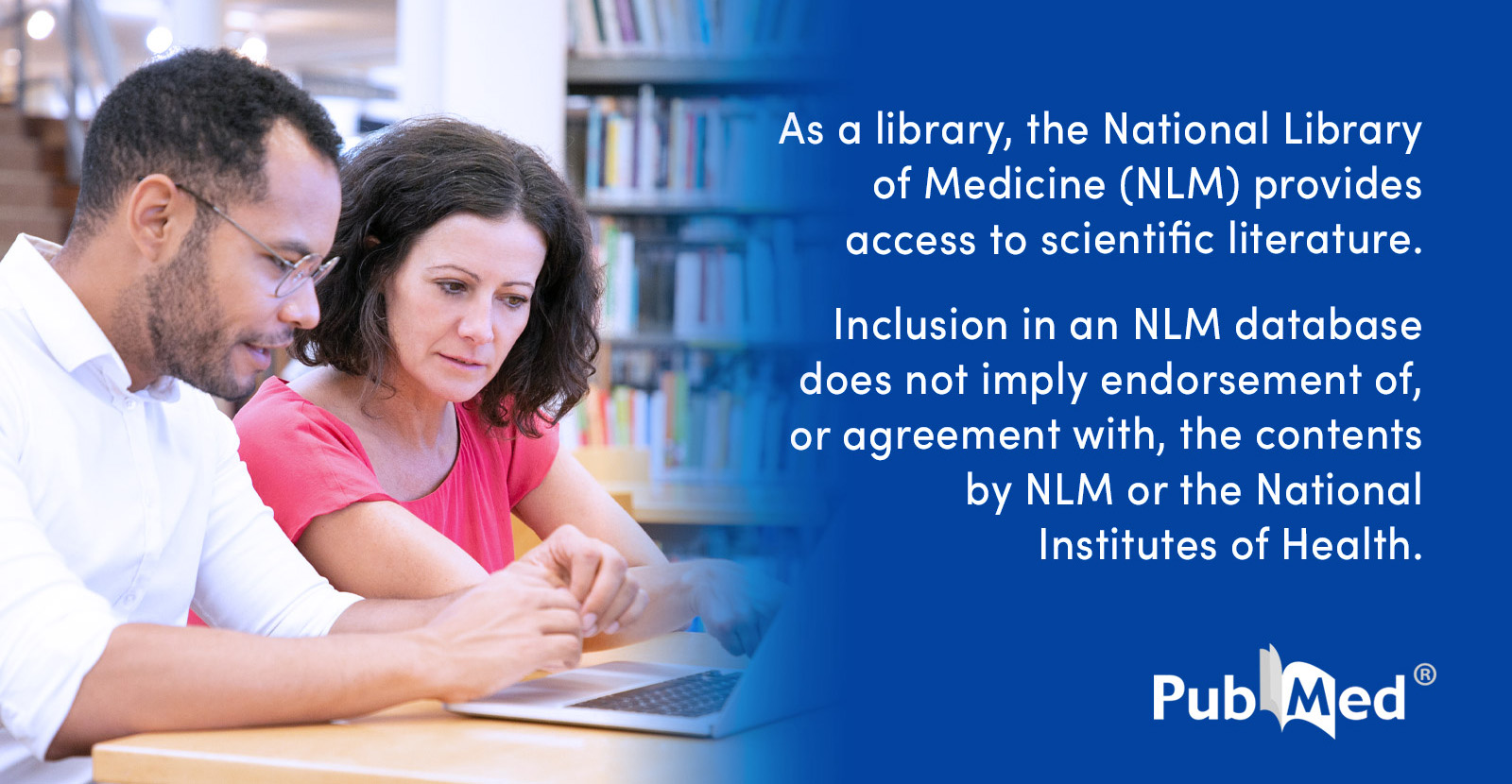Hexenstahl
Bluelighter
@Neuroprotection
@AlsoTapered
So what I have gotten out of you two's comments is that the double bonding of the element hydrogen to both the morphine and codeine molecule, causes the duration of action of the parent compound to extend more or less significantly, correct?
I'm not sure if this is overly simplistic, but could it be said that simply attaching two hydrogen atoms to any opioid substance, would prolong the overall duration of action? In other words, if I would turn Levomethadone with which I get substituted, into Dihydrolevomethadone, the half life should become even longer, right?
Btw, the perceived euphoria is always highly individual and I don't believe it can be reduced to a simple binding/affinity mechanism. I myself have tried opioids that according to theory ought to have rather low euphoric potential (Tilidine, Levomethadone) but every time I tried them they have catapulted me to cloud 9. Similarily many opioids that are supposed to be highly euphoric (Heroin, Hydromorphone) have subjectively felt very mediocre to me. So I think the exact cause of what leads to more euphoria is less dependent on the substance itself, but more on its interaction with the individual neurobiology of the person in question.
@AlsoTapered
So what I have gotten out of you two's comments is that the double bonding of the element hydrogen to both the morphine and codeine molecule, causes the duration of action of the parent compound to extend more or less significantly, correct?
I'm not sure if this is overly simplistic, but could it be said that simply attaching two hydrogen atoms to any opioid substance, would prolong the overall duration of action? In other words, if I would turn Levomethadone with which I get substituted, into Dihydrolevomethadone, the half life should become even longer, right?
Btw, the perceived euphoria is always highly individual and I don't believe it can be reduced to a simple binding/affinity mechanism. I myself have tried opioids that according to theory ought to have rather low euphoric potential (Tilidine, Levomethadone) but every time I tried them they have catapulted me to cloud 9. Similarily many opioids that are supposed to be highly euphoric (Heroin, Hydromorphone) have subjectively felt very mediocre to me. So I think the exact cause of what leads to more euphoria is less dependent on the substance itself, but more on its interaction with the individual neurobiology of the person in question.
Last edited:





